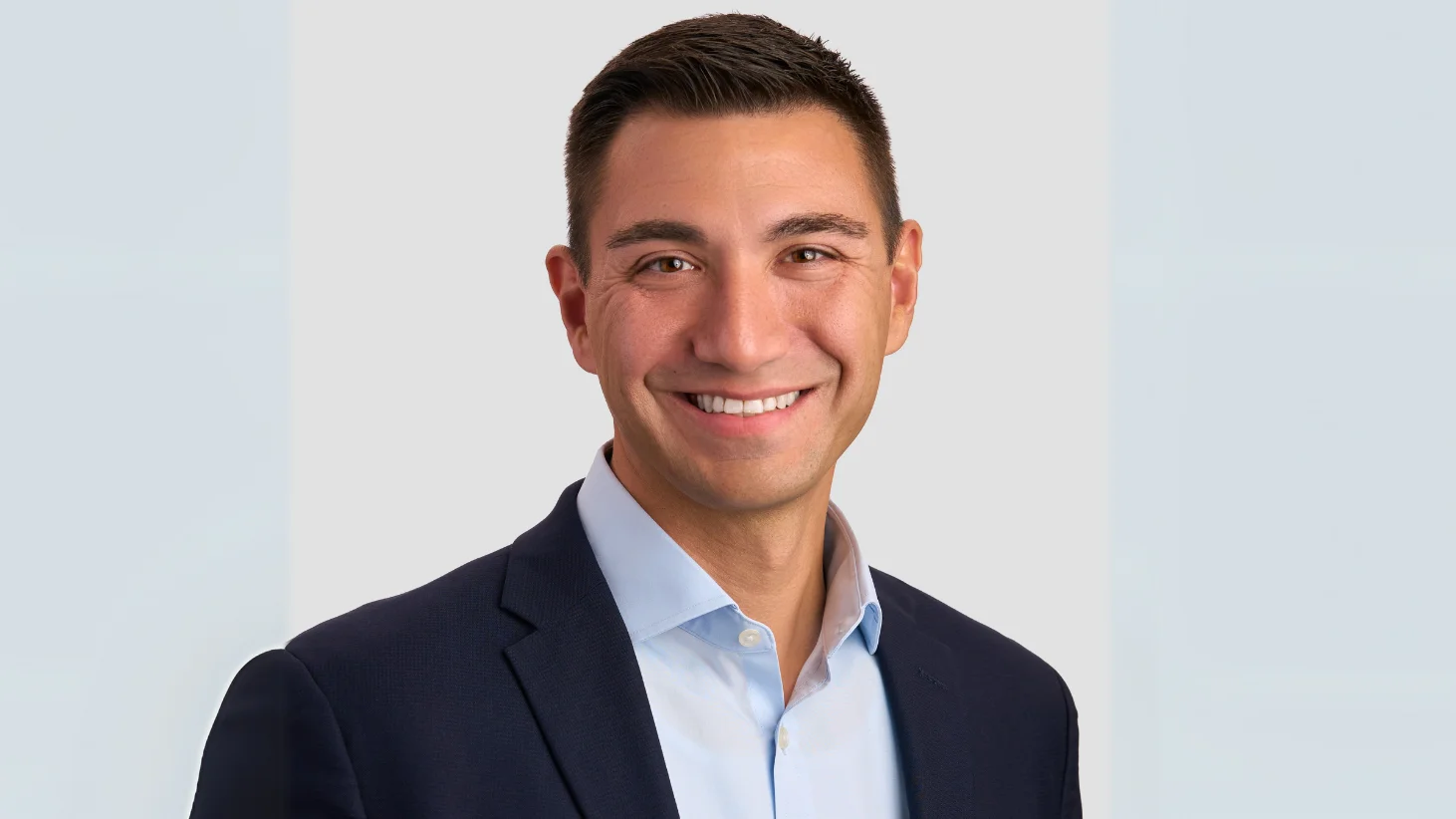The Interdisciplinary Advisory Committee (IAC) in Wisconsin has released new guidance on IV hydration therapy, a growing business trend in the state. The committee, which includes members from various professional boards such as the Medical Examining Board and the Board of Nursing, aims to clarify how existing laws apply to these non-traditional healthcare settings.
Doug Englebert, Chair of the IAC and the Wisconsin Controlled Substances Board, said that "laws and regulations regarding the operation of these businesses are not specific to any one profession." He emphasized that the guidance helps licensees understand how existing regulations for pharmacy, nursing, and physician practices apply to IV hydration businesses.
The guidance divides IV therapy practices into three stages: patient assessment, compounding of IV cocktails, and administration of treatment. It specifies who can perform each function and what safeguards should be in place. The document will be available on the IAC page of the Department of Safety and Professional Services (DSPS) website.
DSPS Secretary Dan Hereth noted that as Wisconsin's safety agency, they aim to identify regulatory gaps in new business models like IV hydration therapy. He praised Deputy Secretary Jennifer Garrett for her leadership in launching the IAC and acknowledged Policy Development Administrator Audra Cohen-Plata and Attorney Supervisor Renee Parton for their contributions.
The IAC was formed over a year ago due to increasing concerns about unconventional healthcare delivery methods. It researched other states' regulations and gathered public input before finalizing its guidance. At its recent meeting, the committee decided to focus next on ketamine administration.
The State of Wisconsin Department of Safety and Professional Services issues over 240 unique licenses and administers multiple boards regulating professions across various industries. It operates without general fund tax dollars through a fee-based system.
Information from this article can be found here.











 Alerts Sign-up
Alerts Sign-up